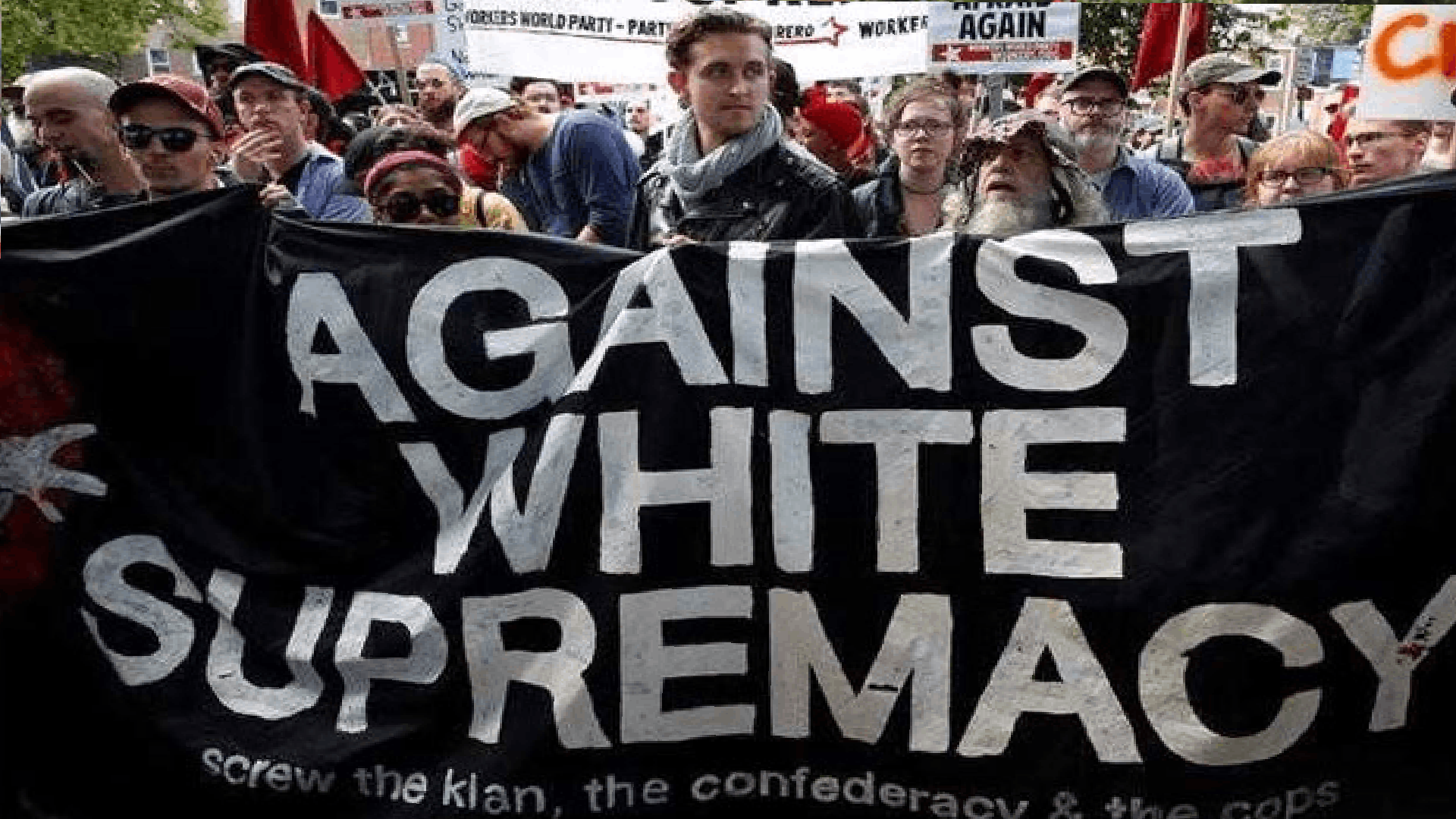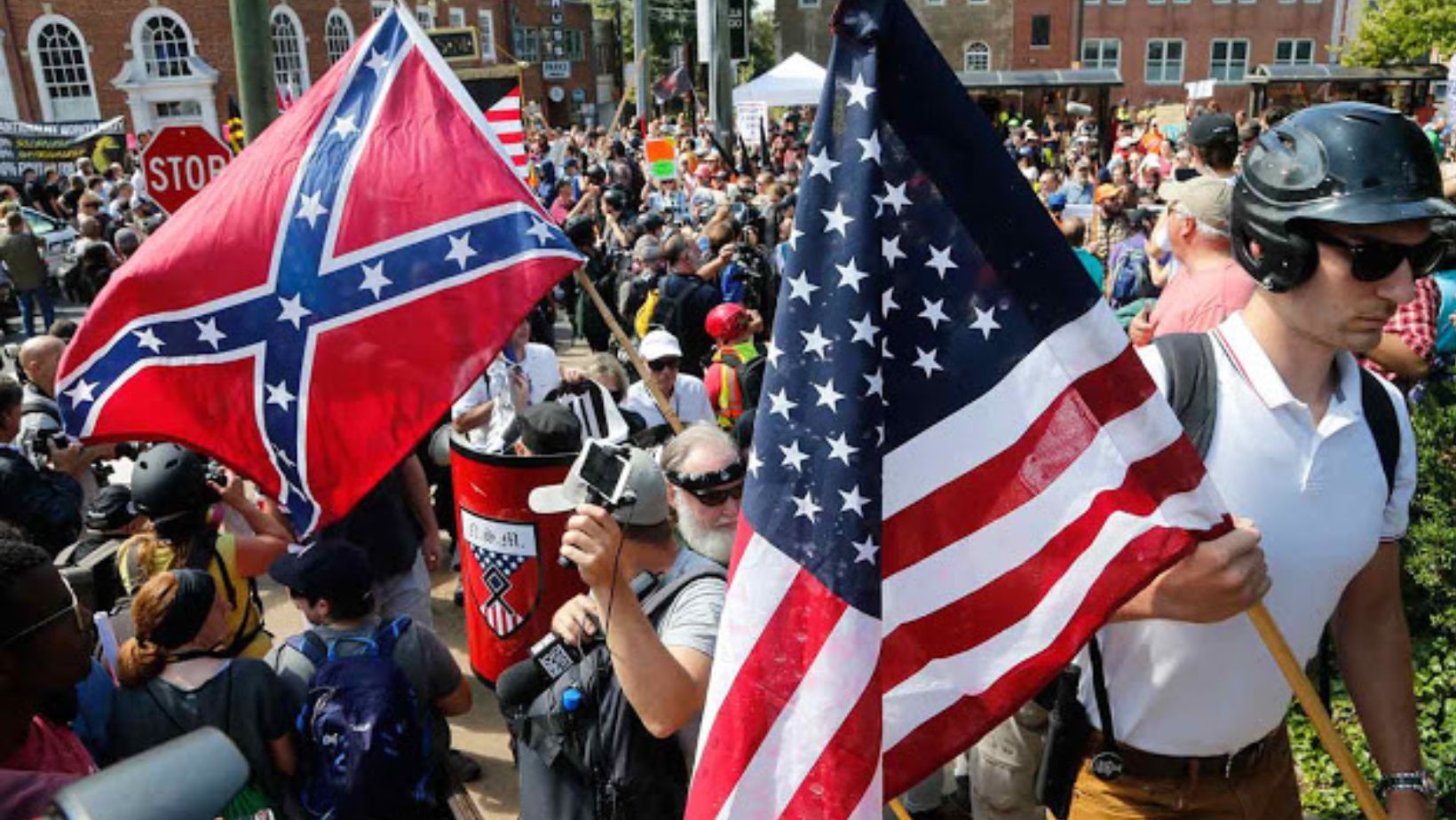
How does institutionalized racism affect blacks in the United States?
The slave system in the colonial era, the emergence of racist organizations such as the Ku Klux Klan with the indirect support of the slave states, and later the Jim Crow laws are the best examples of these results in the levels of segregation, discrimination , and negative stereotypes that existed at that time where the State was the institution to enforce these racist laws. That tells us that institutionalized racism was something real, not something that only existed in the imaginary of the black man.
Reasons why all of us must make a distinction between institutionalized racism and its historical reasons, the racist attitudes embedded in the mind of a post-slavery society that is part of the collective unconscious in the white population at this time, but also in the population. black with the idea of white supremacy.
The idea of the supremacy of the white man to the detriment of the black population that is accepted as part of the collective imaginative of the black man in America is a ghost of the past that is still seen by blacks as a real something in the present when we see the levels of Racial inequality between blacks and whites, when what really exists is the supremacy of white power groups in their generality against minority groups (blacks, Hispanics, Asians, native population) excluded from the benefits that power produces.
We assume that responsible for this racial inequality is the idea of white supremacy over blacks, putting aside the capitalist philosophy as the real cause of this inequality, where an economically superior class derives all its efforts to maintain the power that this superiority economic power holds against those who want to achieve those same levels of economic power. White supremacy, which implies the superiority of one race over the other, a product of “racism,” is not the only cause of racial inequality. If we do not understand the economic component in this conflict, if we do not pay attention to the economic actors behind this idea, how is it intended to achieve racial economic equality.
If the economic, political, judicial and religious power is part of this idea of white supremacy over the black man, that means that the black man is losing the battle given the levels of poverty, low educational level, the high level of inequality and exclusion. of this population. But how is the battle against an imaginary entity won when the power behind its existence is unknown? Knowing the real actors behind this imaginary structure. An ideology only expires when the real actors who promote it are identified, not the ideology itself.
We simply must analyze the role of the collective imagination in the slave-minded black man to discover that part of this power of the white man’s supremacy resides in the focus and importance that the black man himself gives to this mystical entity in the present. to justify their lack of action against those who really have power.
In some ancient cultures it was normal to give a mystical role of all powerful to those forces (angels and demons in medieval times) that we did not understand or were under their control. White supremacy is strong because of the mystical power that it represents for the black man, because the black man believes in the power of that “superhuman” mystical force.
When the black man must believe and assume that he does have control over his life. at this time, contrary to the slave population in which the white man (Masters) had full control. When people with ideas of superiority are defeated, the ideas of superiority are also defeated and the mystical power of these ideas disappears.
When we talk about institutionalized racism, we are talking about a real enemy, whose manifestations in the past are part of the social behavior of the American, regardless of the form, style, degree of subtlety, rationalization, emotional reaction, laws for or against. and the use that the white man makes of it consciously or unconsciously, because it is part of those who have historically considered themselves superior against all minority groups. A position of power that these groups will never gladly give up.
White people see the black within that historical scheme of power struggle, where the conflicts of racial differences come as a consequence of this class struggle, the black does not give a greater focus to the causes of this economic inequality and how to overcome it, due to the mental conditioning of a slave society where racial differences were the element taken to justify this economic inequality with the creation of the idea of superiority of one race over the other, a type of response that scholars of human behavior they call cognitive dissonance.
“The black within the North American context has the belief that when he achieves racial equality, economic equality will come. I am of what I think that equality of economic opportunity must first be achieved in a free market economy and racial harmony will be a reflection of the scope of this economic equality not the other way around. “


